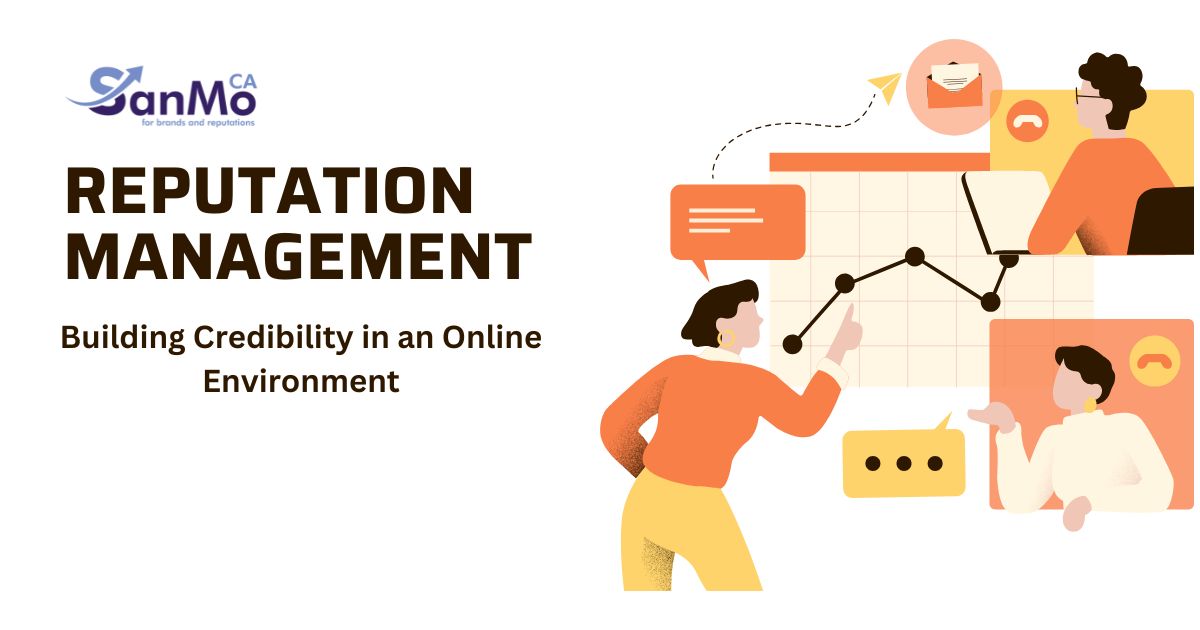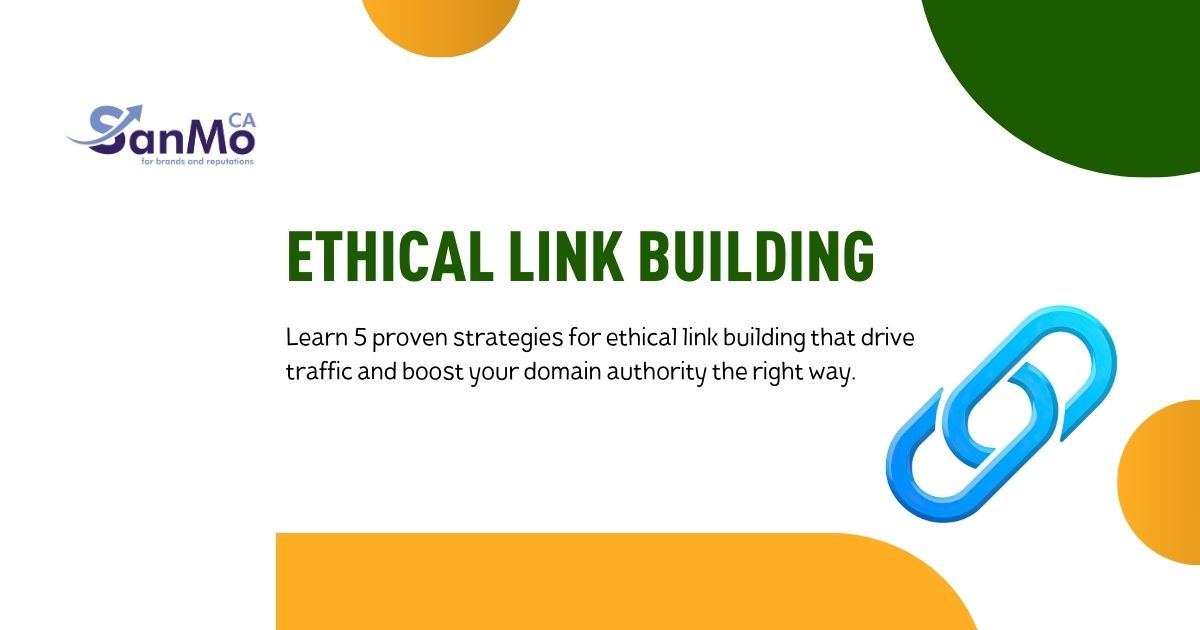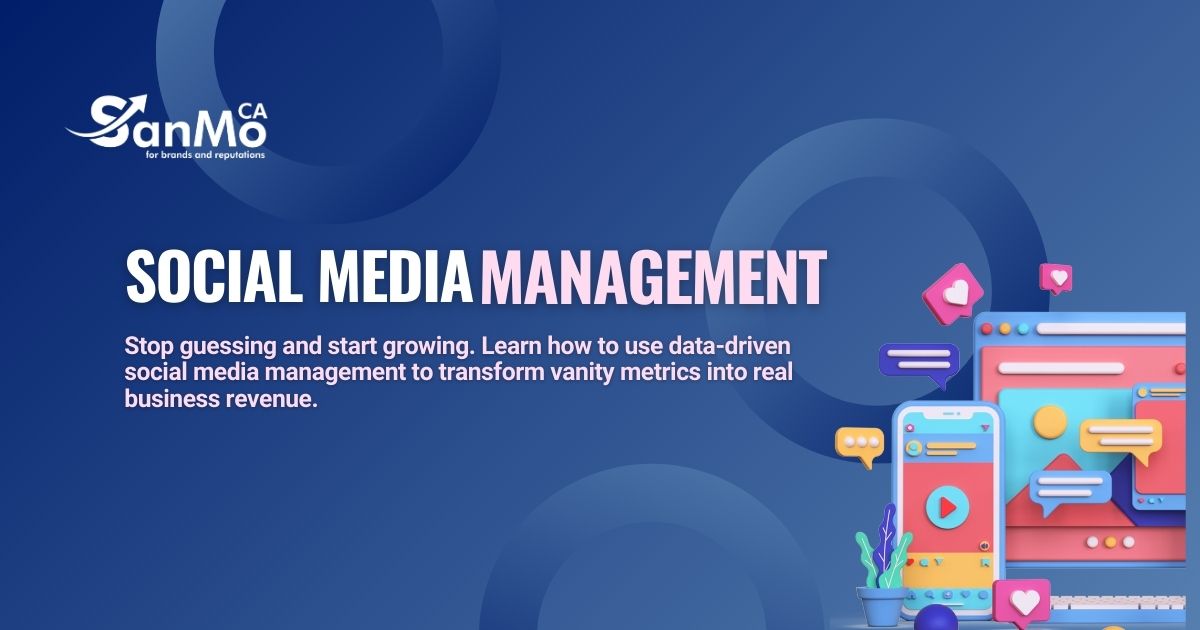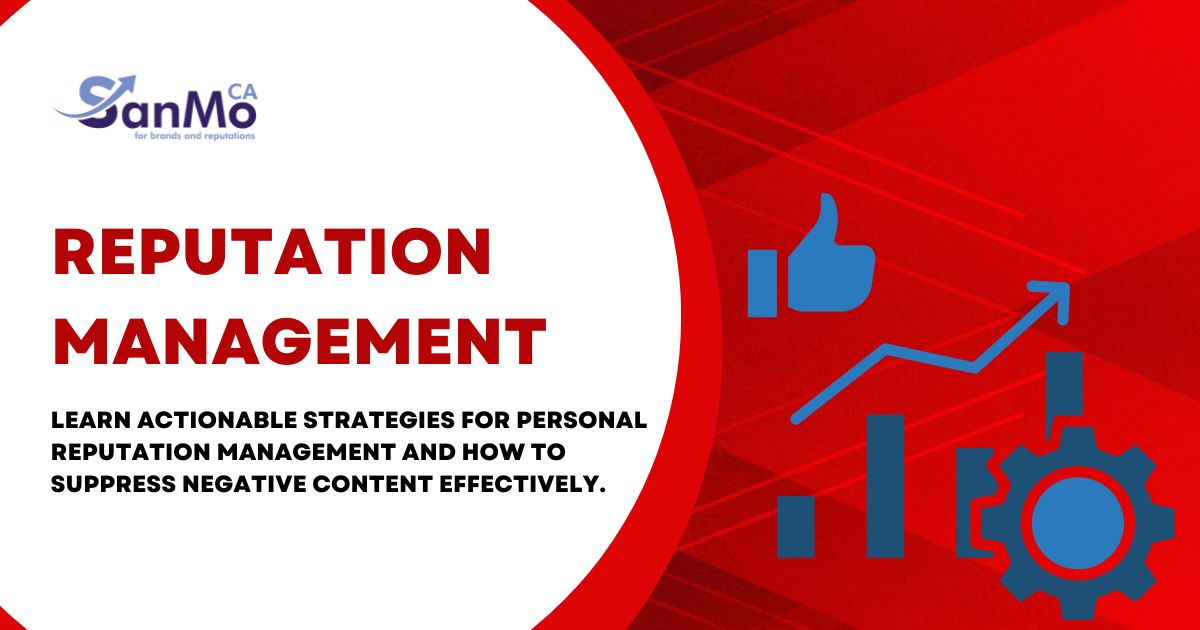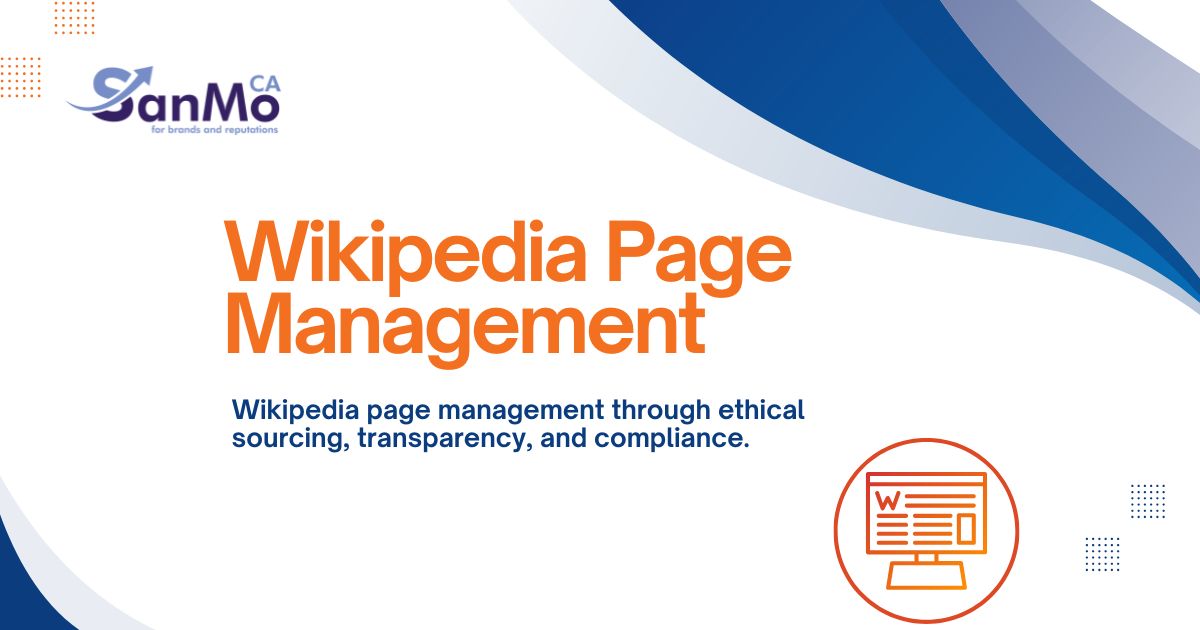The practice of keeping an eye on, influencing, and preserving a person’s or an organization’s reputation is known as reputation management. Projecting a favorable image requires managing online reviews, social media mentions, and search engine results. Managing an organization’s and its brands’ reputations includes influencing public discourse and stakeholder opinions. It comprises keeping an eye on conversations and remarks, reacting to any reputational threats, and proactively seizing chances to improve and fortify brand reputation.
What makes reputation management crucial?
Building credibility and trust in the fast-paced digital world of today requires a reputation management manual. Brands may successfully influence how their audience views them by keeping a careful eye on public opinion and responding to criticism. This approach is a powerful, upbeat story that is consistent with the brand’s beliefs, activities, and objectives; it goes beyond just reacting to criticism. In order to maintain a favorable reputation and cultivate a devoted clientele, reputation management makes sure that a brand’s essential traits and principles are conveyed consistently. It also makes it simpler for businesses to react quickly to any reputational problems, transforming setbacks into chances for expansion and openness. In today’s market, a well-managed reputation strategy is essential for long-term brand success, competitive uniqueness, and consumer trust.
The reputation of a person, business, or brand frequently reflects the respect or appreciation that has been earned over time via consistent performance, conduct, and character. This viewpoint is influenced by prior actions, accomplishments, and ideals displayed. A person or brand’s reputation greatly influences how people react to, trust, and respect them. Reputation often indicates a company’s excellence, dependability, and quality. For instance, a company’s outstanding goods and services may help it establish a reputation for excellence around the world, which will boost customer loyalty and trust. In a similar vein, professionals who are valued for their ability, moral character, and commitment—like a physician who is well-known for her knowledge and kind treatment—are held in high esteem.
Social media, online reviews, and public discussions are all having a bigger influence on managing one’s online reputation in the modern digital environment. Proactive reputation management is crucial because although unfavorable impressions might hinder success, favorable ones can increase credibility and influence. More opportunities, more solid connections, and the ability to bounce back from setbacks are all made possible by a favorable reputation.
Why is a business’s reputation important?
Reputable businesses are more likely to draw in top personnel and clients. A strong reputation denotes quality, honesty, and dependability—all of which increase a company’s attractiveness to prospective workers. Professionals with expertise who work for organizations renowned for their ethical behavior and dedication to quality are likely to experience a fulfilling and joyful work environment. This talent infusion might improve overall performance, productivity, and innovation, strengthening the company’s position in the market.
Additionally, companies with a solid reputation for providing value to their customers. This idea allows them to charge greater prices for their products and services. Customers are frequently willing to pay more for brands they trust because they feel that higher quality justifies the extra cost. This pricing power might lead to increased profit margins and financial stability. Customer loyalty is a significant benefit of having a positive reputation. Satisfied customers are more likely to remain loyal to a brand, refer it to their networks, and make more purchases.
The devotion of loyal consumers reduces marketing costs since they often act as brand ambassadors, recommending the business to others. A positive reputation may aid in corporate growth by encouraging collaboration and partnerships. Credible businesses are more likely to be contacted by stakeholders and other businesses, which creates fresh opportunities for expansion. In conclusion, companies who establish and maintain a positive reputation gain more customers and are able to raise their rates. Ultimately, in a competitive market, this positive feedback loop of loyalty, value, and reputation fosters long-term success and growth.
There are two types of reputation management.
Both proactive and reactive reputation management strategies are crucial to developing a solid plan to protect and improve a brand’s image. By sharing success stories, interacting with audiences, and developing brand credibility, proactive strategies aim to create and foster favorable brand perceptions. Reactive strategies, such quickly and efficiently addressing customer complaints or reacting to unfavorable comments, manage reputation threats as they appear. Brands may enhance their favorable reputation and minimize any problems by combining these strategies, guaranteeing a comprehensive reputation management plan that fosters enduring brand loyalty and trust.
The Method of Reputation Management
Reputation management is the systematic process of shaping the public’s perception of a business, with a focus on building trust, credibility, and a positive brand image. It covers everything from monitoring and responding to online reviews to actively influencing the brand’s perception across several interaction points. Reputation management has become essential for businesses trying to maintain and strengthen their position in a competitive market since opinions can be easily shared and accessed in the present digital era.
significant websites where reviews, ratings, and social media conversations occur. By keeping an eye on these discussions and taking care of any issues before they worsen, businesses may demonstrate their commitment to customer satisfaction and responsiveness. In order to show that customers’ opinions are respected and to reinforce brand values, prompt, thoughtful responses to both positive and negative reviews are crucial.
In addition to addressing criticism, proactive steps to sway public opinion are essential components of effective reputation management. This might involve showcasing initiatives that show the brand’s commitment to moral and superior procedures, publishing client endorsements, or sharing success stories. Since their work directly affects how customers view and feel about the business, marketing and customer service teams are crucial.
Furthermore, reputation management is a proactive process. It entails a proactive strategy that includes tactics for possible reputational hazards. For example, a brand may participate in community service initiatives that align with its values or provide training to employees on best practices for customer service. Such deeds foster goodwill and lay the groundwork for trust.
Ultimately, reputation management is an ongoing process that requires consistency and a focus on long-lasting relationships. By actively managing reputation, businesses may strengthen customer relationships, foster loyalty, and establish a powerful, long-lasting brand presence.
Techniques for Managing Reputation
Reputation management strategies are essential in today’s digital environment to shape how people see your business. The advent of social media, digital marketing, SEO, and content creation has given businesses more tools than ever before to establish a strong online presence.
to effectively raise awareness of the brand. Start optimizing your website and content for search engines to ensure that the brand is easily identified and associated with pertinent keywords. In addition to raising brand recognition, producing engaging, superior content that appeals to your target audience may help you establish yourself as an authority in the industry.
Because social media enables you to actively engage with your audience and foster loyalty and trust, it is crucial for reputation management. By regularly publishing informative content, responding to inquiries, and acting quickly to address problems, you may create a community around your company. Using case studies and client testimonials may also help you build credibility and showcase your achievements.
Monitoring your online reputation is equally important. Utilize technology to keep an eye on brand discussions across a variety of channels so you can promptly and effectively address negative remarks. By using these strategies, you may significantly enhance the reputation of your brand, which will boost customer loyalty and company growth.
What is a reputation management tool?
One essential piece of software that helps businesses monitor, evaluate, and respond to their online presence is a reputation management tool. In today’s fast-paced digital world, these tools are crucial for maintaining a positive public image. They enable businesses to keep an eye on what is being said about them across a range of platforms, including review websites, social media, and forums.
One of the primary goals of reputation management tools is to track sentiment and online mentions. By integrating data from several sources, these tools can identify patterns in customer feedback and provide insights into public opinion. By adopting a proactive approach, businesses may see issues before they worsen and react fast to negative comments or assessments.
Additionally, sentiment analysis features are often included in these technologies, which aid businesses in better understanding how their brand is perceived. Sentiment analysis may be used by organizations to evaluate the effectiveness of their marketing and PR activities and make the necessary adjustments to raise their profile.
Furthermore, reputation management systems facilitate direct customer interaction. They usually contain mechanisms that enable businesses to respond to reviews and comments immediately, promoting transparency and a sense of community. This exchange serves to offset negative remarks and demonstrates a commitment to customer satisfaction.
To sum up, businesses hoping to have a strong online reputation must use reputation management technology. These assets safeguard a brand’s reputation and promote long-term success.
What is a risk to one’s reputation?
Reputational risk is the potential threat to one’s standing or reputation. The success, reputation, and customers of a business might all be significantly impacted by this risk. Reputational risk can manifest itself in two primary ways: directly and indirectly. For instance, poor customer service, unethical business practices, or failed goods can damage a company’s image and undermine consumer trust. These actions might result in financial losses, a reduction in market share, and trouble attracting new customers.
Conversely, the activities of the organization’s employees or stakeholders usually lead to indirect reputational risk. For example, if a single person engages in unethical activity or makes controversial statements, it may have a negative impact on the entire company, even if the firm is not directly involved. Social media increases this risk since negative occurrences may spread quickly and damage a brand’s reputation.
Organizations must prioritize effective communication, staff training, and a solid crisis management strategy. By fostering an environment of accountability and transparency, businesses may safeguard their reputation and maintain the trust of their stakeholders and customers.
What are the benefits of reputation?
Reputable individuals and organizations have a far higher chance of building trust and business relationships. Because it offers them confidence, customers are more likely to engage with and invest in a company that has a good reputation. This trust leads to long-lasting customer loyalty and enhances overall market visibility.
Additionally, a good reputation acts as a magnet to attract valuable opportunities. Businesses with a reputation for integrity and excellence are more appealing to potential partners, investors, and collaborators. Companies that have a history of building strategic alliances are able to foster innovation and growth.
Additionally, top employees actively seek out well-regarded firms because they believe they will find rewarding and supportive work environments there. This influx of skilled personnel increases a company’s potential and fosters innovation and productivity. A strong reputation is an important asset that fosters trust, opportunity, and long-term success.
Maintaining one’s reputation requires ongoing attention, thoughtful analysis, and strategic action. In today’s digital age, when customer opinions are rapidly shared, information may have a significant impact on a brand’s future and help it maintain a more positive reputation than ever before. Establishing trust with your audience is a proactive approach to responsive reputation management and genuine engagement.
To control the reputation of your company, start by closely monitoring online forums, review sites, and social media platforms where customers leave feedback. Listening to your audience will help you stay on top of public opinion. Quickly and empathetically answering customer inquiries or negative remarks might turn potential issues into opportunities to demonstrate your commitment to customer satisfaction. This reaction aids in the creation of a positive, sympathetic brand image.
In addition to fixing problems, reputation management is always beneficial. Provide outstanding quality while maintaining transparency. Encouraging happy customers to contribute reviews and testimonials may enhance positive impressions and build credibility.
The goal of reputation management is to actively cultivate a brand image that is consistent with your company’s values and appeals to your target market, not just to repair harm. A solid reputation builds goodwill to support your company during difficult times, increases client loyalty, and draws in new business. Maintaining your reputation will pay off in significant and long-lasting ways in a world where it is one of your most precious assets. Protect, develop, and continue to be a strong factor in the continuous success of your brand.

